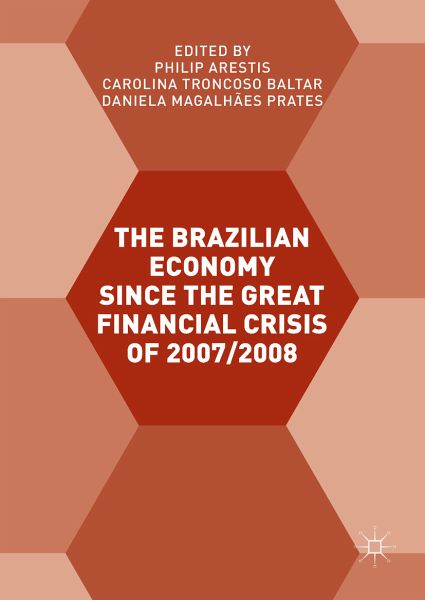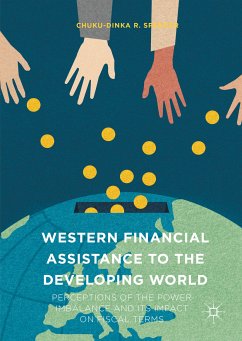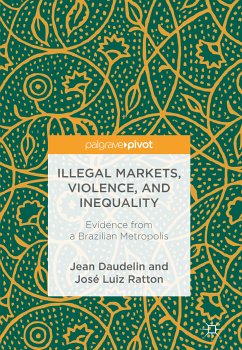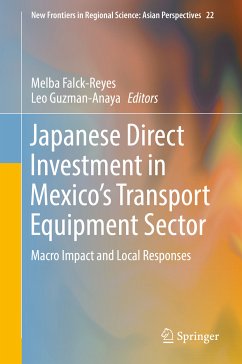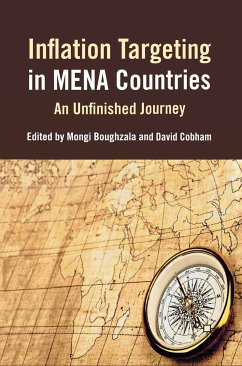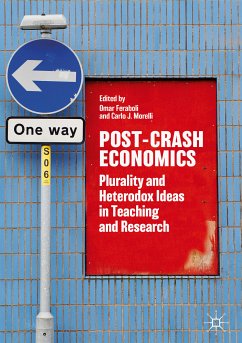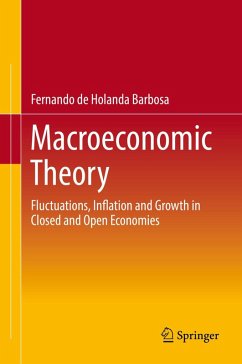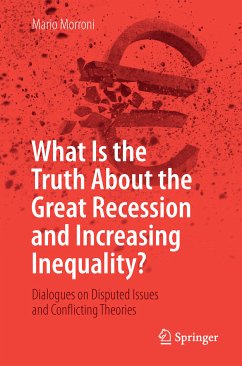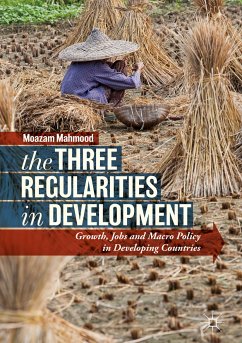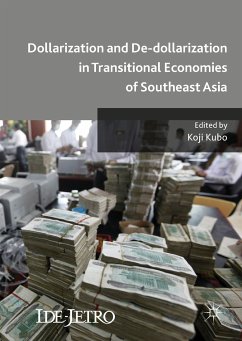Philip Arestis is Professor and Director of Research at the Cambridge Centre for Economics and Public Policy, Department of Land Economy, University of Cambridge, UK, and Professor at the Department of Applied Economics, University of the Basque Country, Spain. He is also Distinguished Adjunct Professor of Economics at the University of Utah, USA, and Research Associate at the Levy Economics Institute, USA. He previously served as Chief Academic (External) Adviser to the UK Government Economic Service (GES) on Professional Development in Economics. He is holder of the Queen Victoria Eugenia award of the British Hispanic Chair of Doctoral Studies, and was awarded homage by the Brazilian Keynesian Association (AKB) for his contribution to the spread of Keynesianism in Brazil. He has published a number of books and papers in academic journals. Carolina Troncoso Baltar is Associate Professor at the Institute of Economics, University of Campinas, Brazil, and research er at the Centre of Industrial and Technological Economics (NEIT). She holds a PhD degree, Land Economy, University of Cambridge, UK. She was a visiting fellow at the East China Normal University, Shanghai, China, and was a lecturer at the Global Supply Chain, online course, organized by the Global Labour University and International Labour Organization. She has published as sole author and co-author papers in academic journals (such as Cambridge Journal of Economics, Journal of Economic Studies and Panoeconomicus) and book chapters and has produced research reports for research institutes. Her main areas of research are Macroeconomics, International Economics, External Trade and Industrial Economics. Daniela Magalhães Prates is Associate Professor at the Institute of Economics of the University of Campinas and senior researcher at the Brazilian National Council for Scientific and Technological Development (CNPq). She was visiting professo r at Université Paris 13, Freie Universität/Berlin, HTW/Berlin and University of Pretoria. From September 2016 to June 2017, she has been visiting scholar at the Department of Land Economy, University of Cambridge. She has published many papers in academic journals (such as Journal of Post Keynesian Economics, International Review of Applied Economics and Monthly Review) and book chapters. Her main areas of research are International Economics and Open Macroeconomics with focus on monetary and financial issues and emerging economies.
